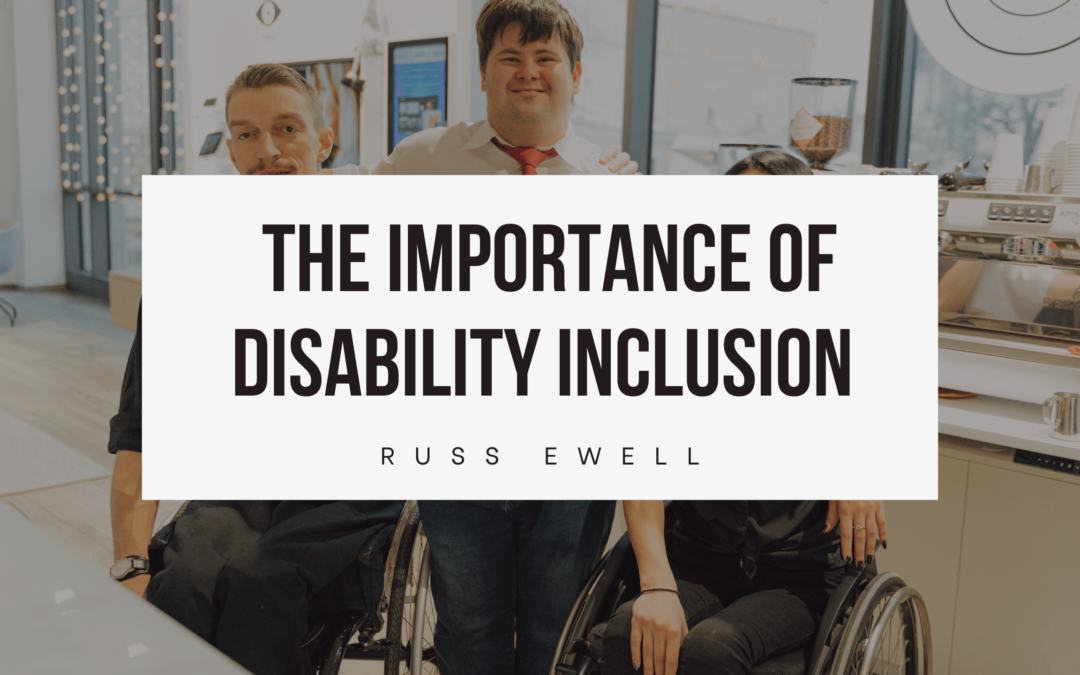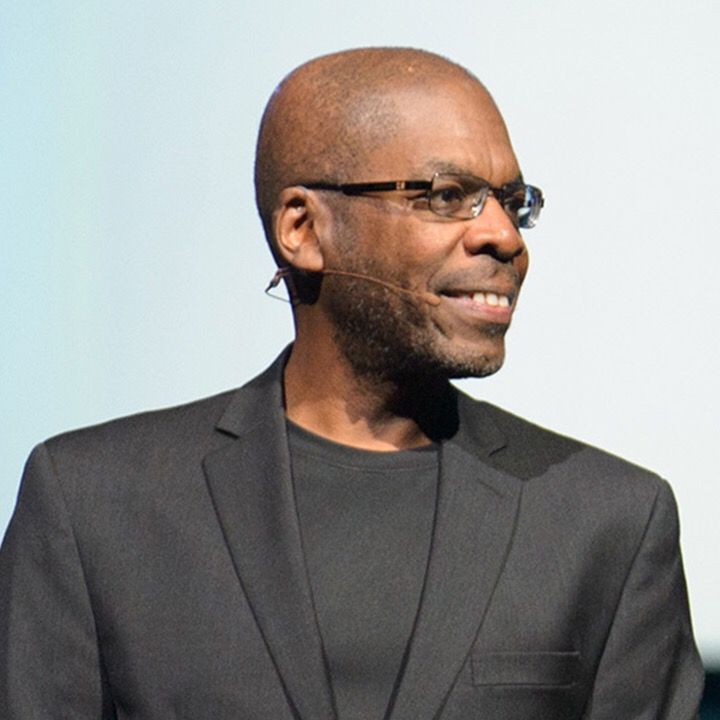Despite the importance of diversity, many organizations still do not support and hire people with disabilities. This is because they do not consider the barriers people with disabilities face when participating in their communities.
Many organizations are missing out on a talented pool of individuals due to the lack of support and hiring policies that accommodate people with disabilities.
Providing a supportive environment for people with disabilities is not just the right thing to do but also good for the entire organization.
“Disability inclusion” is a broad term that includes people with all kinds of disabilities, but it is poorly defined. For instance, it doesn’t mean that people with disabilities lack vitality or engagement. They are actively participating in their communities.
The CDC states that about 25% of adults have a physical, emotional, or cognitive disability. Individuals such as Stephen Hawking, Robin Williams, Helen Keller, and Toni Braxton are talented contributors to every industry. Williams had Parkinson’s disease, and Keller lost her hearing and sight as a child.
The goal of inclusion is not to encourage disabled individuals to do more. They’re already living full lives and working toward their careers. The work that’s being done is helping create environments that are conducive to their success. However, the challenge is not related to them but rather to systems not designed with accessibility in mind.
Why is Disability Inclusion Important in the Workplace?
One of the most important factors that employers should consider when it comes to hiring and retaining people with disabilities is ensuring that special needs do not set them back. Having a supportive environment can help people with disabilities reach their full potential.
The ripple effects of having a supportive environment for people with disabilities go far beyond those already living with visible impairments. Having an accessibility plan is very important to ensure that people with disabilities can access the services and programs that they need.
People with disabilities can include various impairments, such as mental health conditions, developmental disabilities, and physical ailments. A broad understanding of the scope of disability can help boost the efforts toward inclusion in the workplace.
The Benefits of Disability Inclusion
A supportive environment for people with disabilities can help boost the efforts toward inclusion in the workplace. Many employees do not disclose their conditions to their employers. This makes it hard for people with hidden disabilities to advocate for their accommodations.
Although it’s not required to provide accommodations, it’s important to use statistics to estimate the impact of sound policies on the workforce. Doing so can help you determine which changes need to be made.
Your Company is a More Welcoming Place
Some of your best employees might leave your company due to the use of language or policies that are subtle enough to leave out other people. Check your website, job descriptions, and marketing materials for any terms that are not inclusive.
Better Talent Recruitment and Retention
Even though people with disabilities are more likely to want to work, their unemployment rate is twice as high as for people without disabilities. Having a thoughtful inclusion policy can help you attract and retain talent.
Accommodating Different Learning Styles
A diagnosis is a way to describe a group of characteristics that people with and without a disability can share. For instance, people with visual impairments may find it helpful to have a larger font or to be able to listen to a briefing without reading it. Being able to present information in a variety of ways can help employees reach their goals.
Innovation
The concept of Maslow’s hierarchy suggests that people with disabilities are freer to do their best work if their basic needs are met. A supportive environment can help boost the efforts toward inclusion in the workplace.
Camaraderie
Your company’s culture will also set the tone for how your employees treat one another. A supportive environment encouraging inclusive behavior will help you attract and retain talent.

